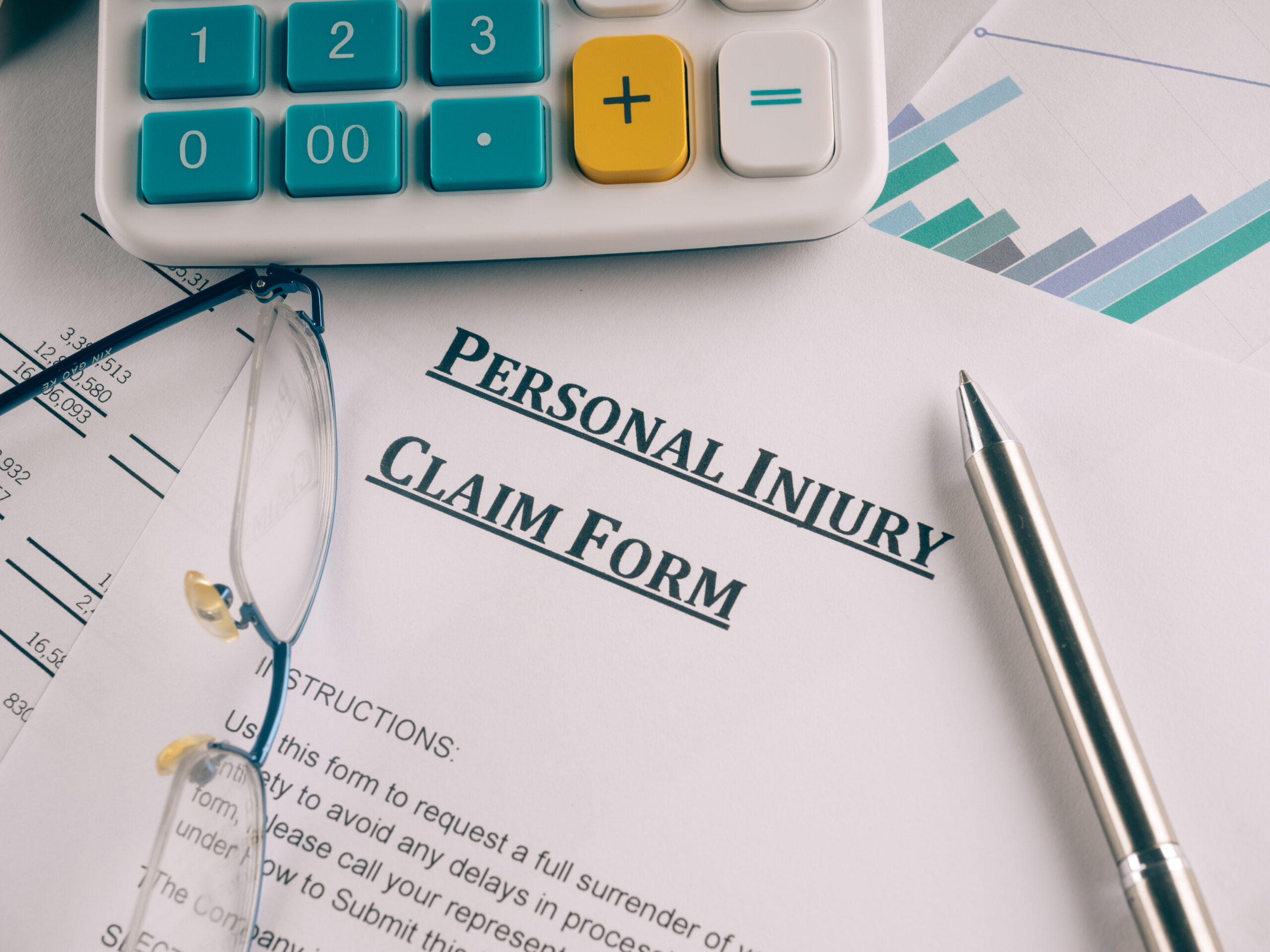Have you been injured in an accident due to someone else’s negligence? If so, you may be entitled to significant compensation. Typically, when injured by another party’s negligent actions, you must file a personal injury claim to recover monetary damages for your economic and non-economic damages. However, you’ll be burdened with fulfilling the burden of proof. This means you must prove to the court that the other party’s negligence actions directly caused your injuries. If successful, you may collect financial compensation to reimburse your losses stemming from the accident. Nevertheless, the amount you can take home from your settlement can be hindered if a third-party entity imposes a lien on your settlement proceeds. Keep reading to learn who can put a lien on your personal injury settlement, and discover how our trusted Prince George’s County Personal Injury Lawyers can help you today.
What is a lien on a personal injury settlement in Maryland?
If you can satisfy the burden of proof, you will be awarded monetary compensation for your damages. However, if there is a lien on your personal injury settlement, a portion of your settlement proceeds may be used to pay debts to those who rendered services to you for your injuries. A lien is an amount of money that must be paid out of your settlement proceeds to reimburse the professionals that rendered services to you. It ensures that these parties will be reimbursed from your settlement proceeds as the proceeds were intended to pay for their services.
Who can impose one?
Legally, only certain parties can put a lien on a personal injury settlement. The most common sources of lines include but are not limited to the following third-party entities:
- Healthcare providers: If you do not have health insurance that can cover the total cost of your medical costs associated with the accident, you may need to sign a lien agreement to obtain the necessary treatments.
- Government-based benefit providers: Programs such as Medicare and Medicaid can place a lien on your settlement proceeds if the benefit provider covers some or all of your medical expenses for your injuries. It is critical to note that the government must be paid from the settlement proceeds.
- Private insurance providers: If your health insurance covers treatment costs, they can impose a lien on your settlement proceeds to ensure they are reimbursed. If your health insurance is a self-funded ERISA, there will be a lien on your settlement due to Federal Law.
- Auto insurance providers: If you were injured in an auto accident, but the at-fault party was not another vehicle, your auto insurance company can impose a lien on your settlement.
- Workers’ compensation insurance providers: If you suffer an injury while on the job, the insurer who covered your lost wages may impose a lien on your settlement. However, they can generally only recover 2/3 of their expenses.
Understanding who can impose a lien on your personal injury settlement is vital. If you have been injured in an accident due to negligence, contact a skilled Prince George’s County personal injury lawyer at Timian & Fawcett, LLC today. Our firm is prepared to help you seek reasonable compensation for your damages.

